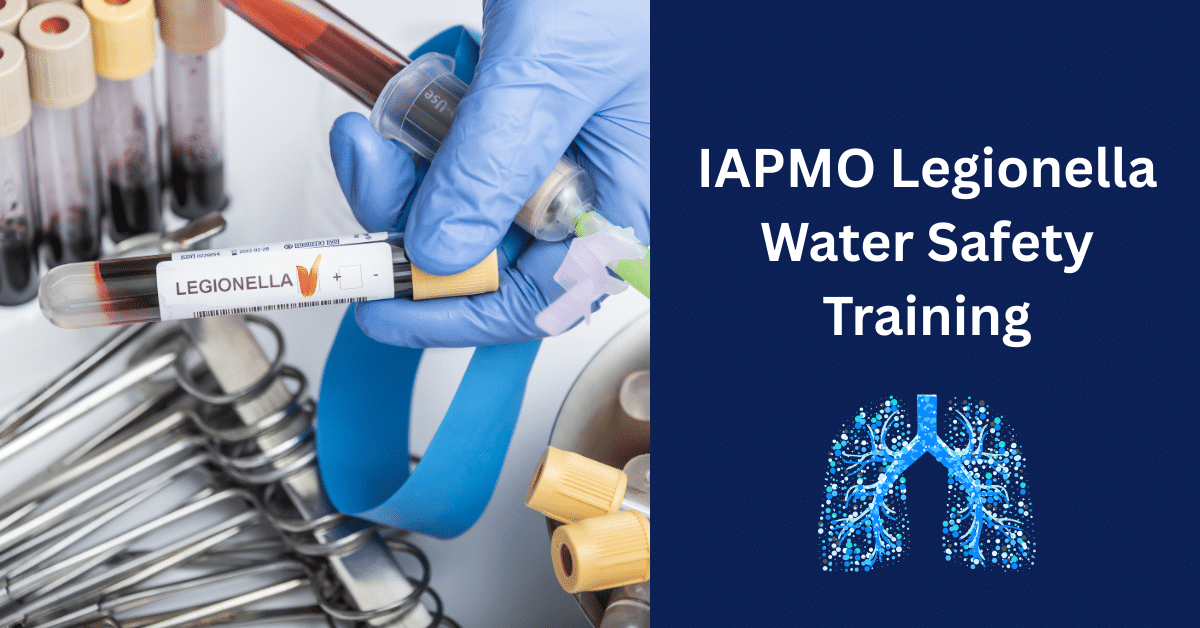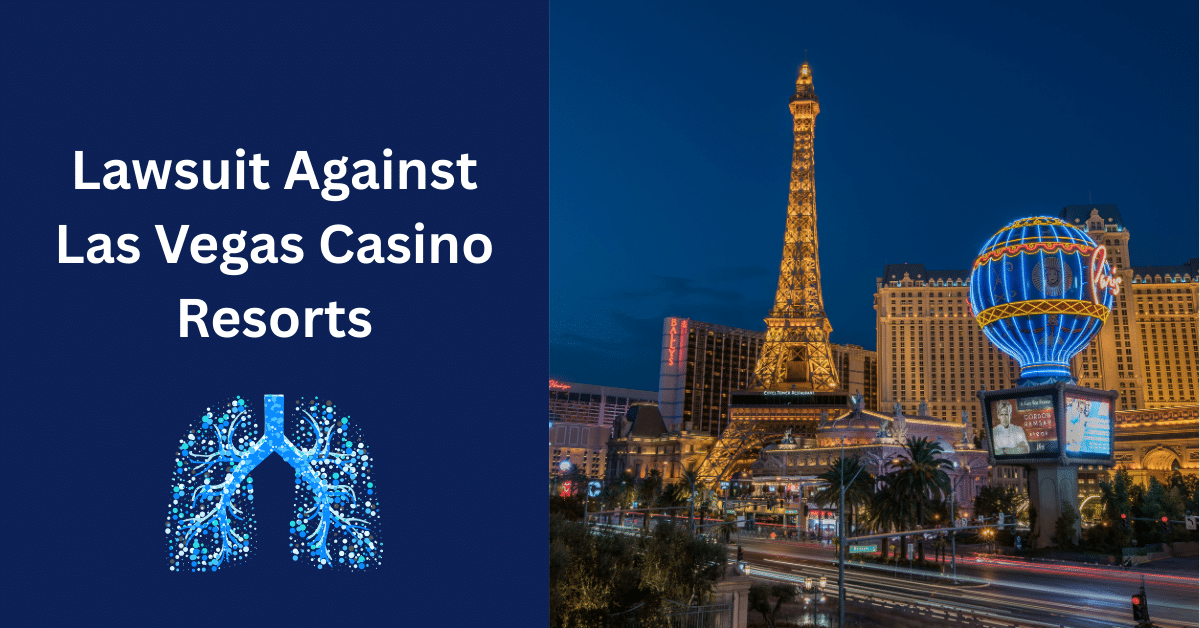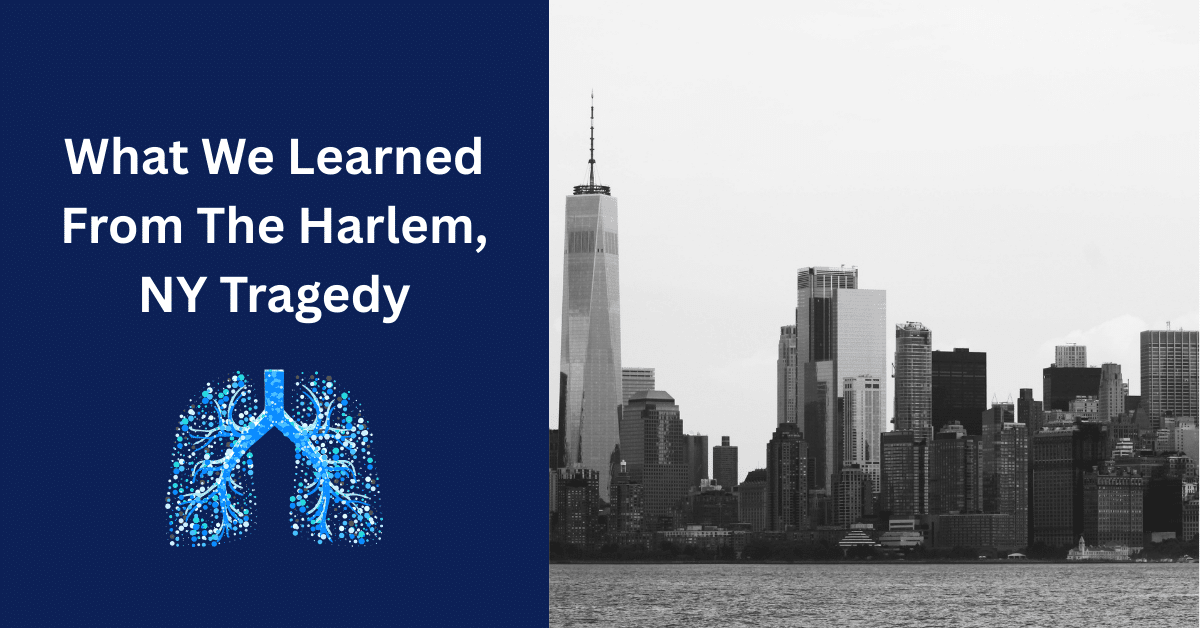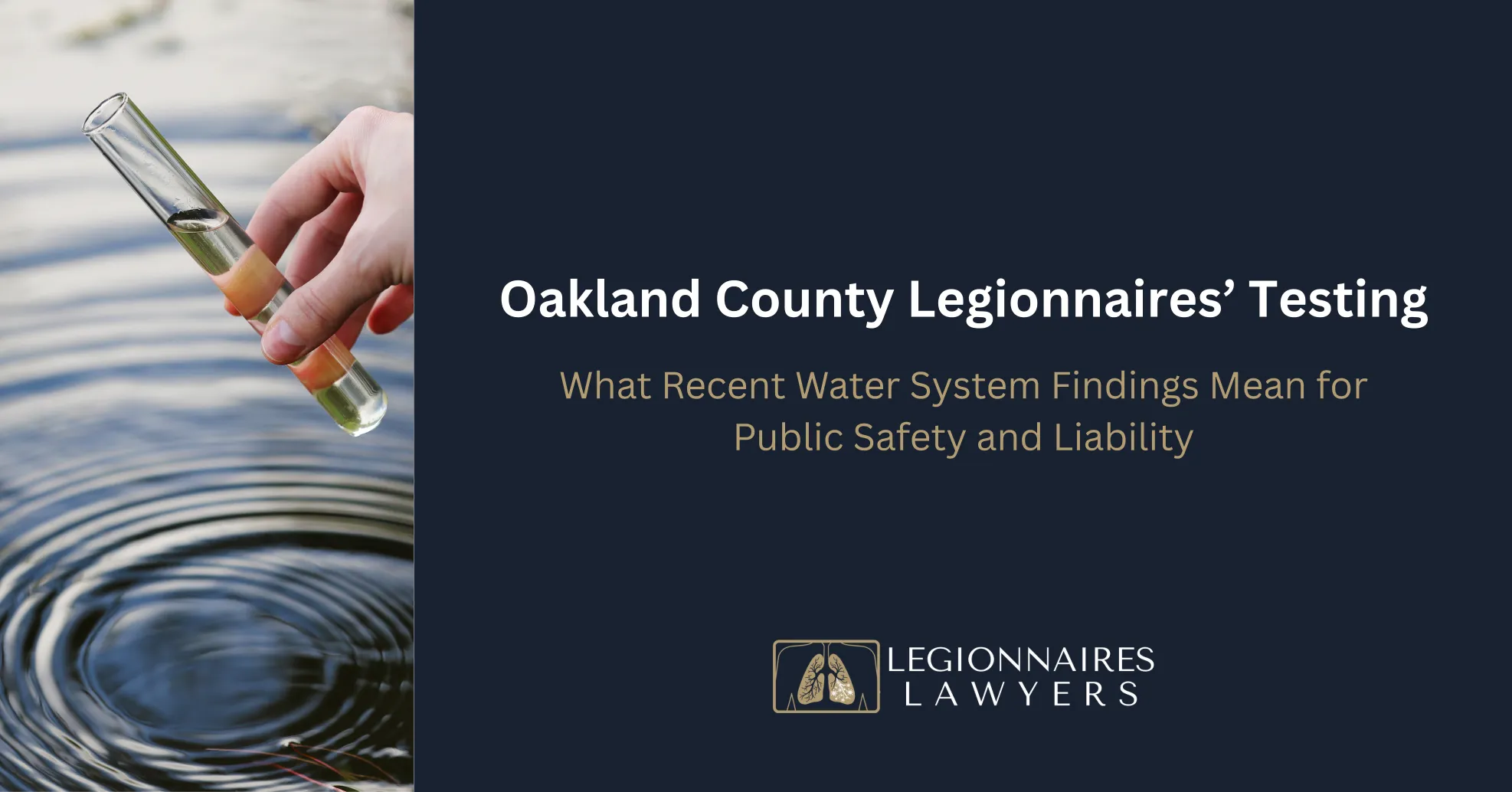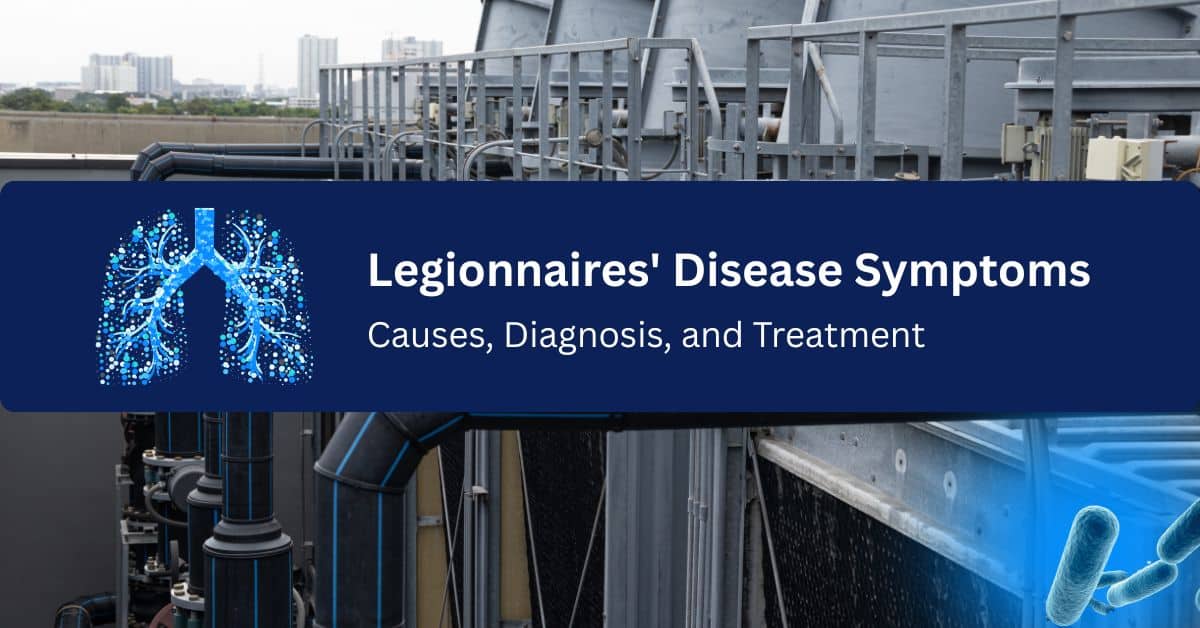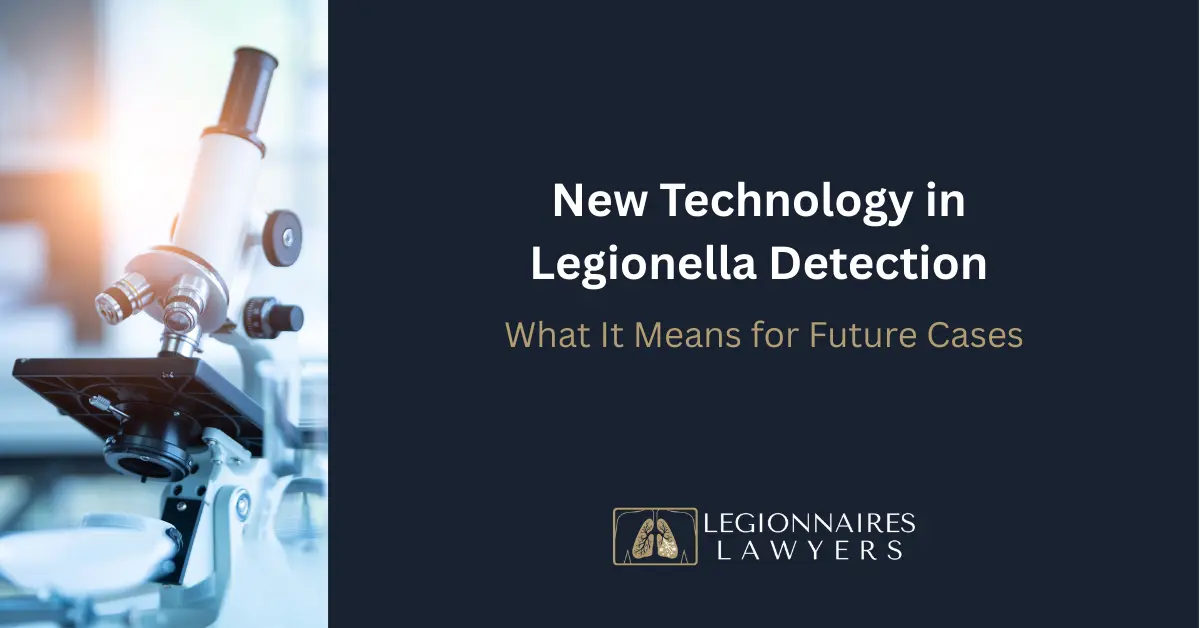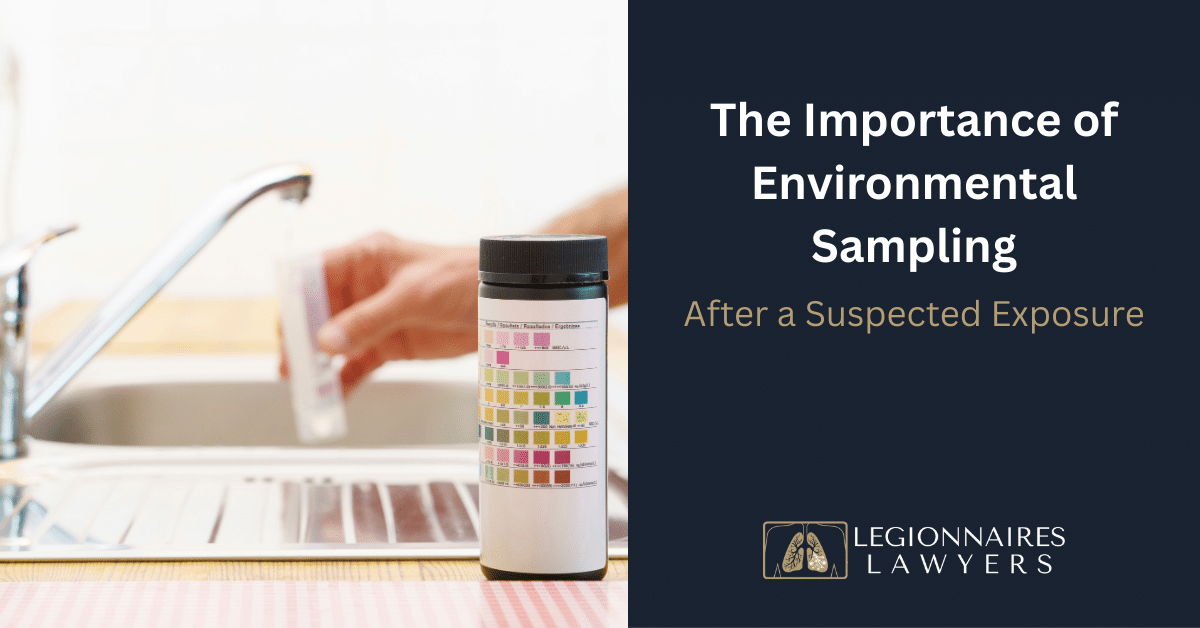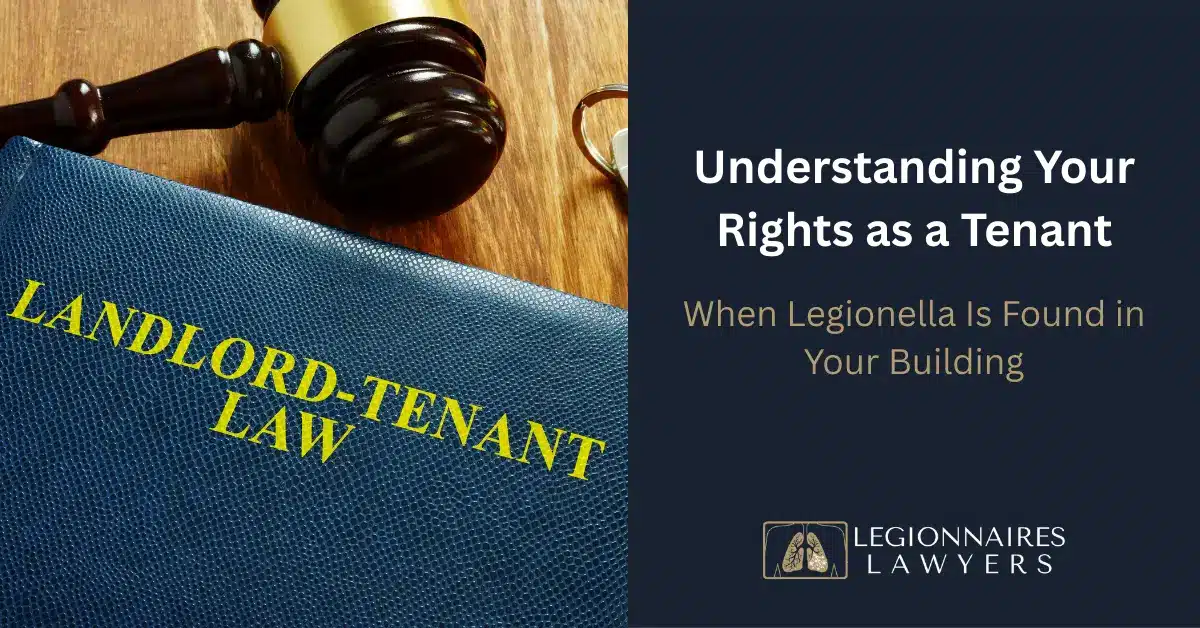Legionella Scare Hits Oakland County: Children’s Village and County Buildings Under Scrutiny
- March 1, 2026
For families and employees in Oakland County, the last few months have been marked by growing anxiety over the safety of the water they use every day. What began as a single diagnosis has evolved into a county-wide investigation, with the latest focus turning toward the buildings that house some of our community’s most vulnerable…



